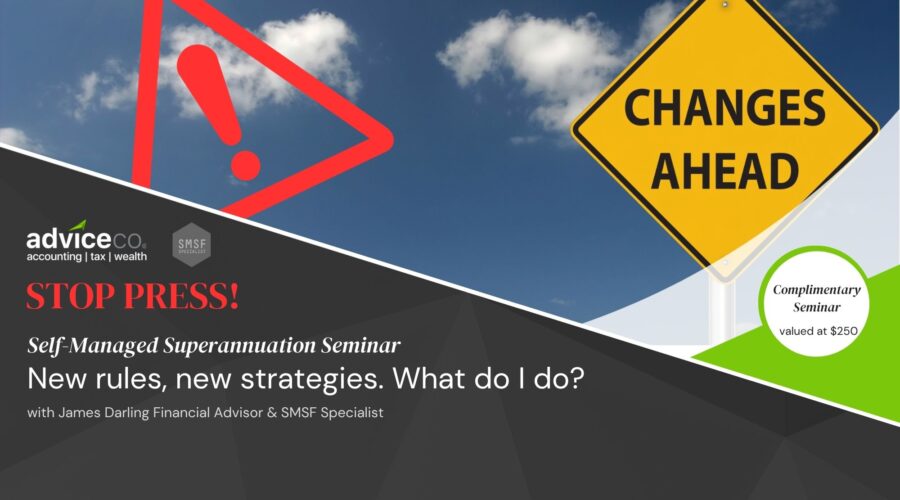10 strategies to avoid costly financial mistakes Posted on October 9, 2018
Spending frivolously without thought
It’s probably the single greatest financial tripping point, from that daily take-away coffee to the shiny, new piece of technology. Consider that $30 a week adds up to $1560 a year and $46,800 (not including interest) after 30 years. Act like a well-managed business and always keep a budget. This way you’ll only buy what you really need.
Always dipping into credit
If your credit card is always in debt then you’re living beyond your means and losing a lot more interest than you realise. Make paying off the credit card your single greatest priority.
Borrowing from your mortgage
Sometime it makes good sense to utilise equity in your house for specific investments, such as home improvements that will significantly improve the property’s value. But the only way to make a profit when you sell is to not spend too much of the home’s value along the way, so analyse your spend carefully before dipping into mortgage money.
Thinking short term
If every 18-year old had simple financial literacy lessons then it’s likely that every 65-year old would have a perfectly comfortable, financially independent retirement. If a good plan is in place then saving over the long term should be relatively simple and painless. Living from week to week, worrying about your inability to quickly save enormous amounts and not allowing compound interest to gradually but powerfully work its magic are all signs of a lack of long term planning.
Not knowing where your money goes
Sometimes only one person in the house knows where the money goes, but often nobody does. A big part of financial education is becoming completely aware of how you spend your money. Spend a few months tracking every cent that leaves your account, in cash or electronically, to learn your spending patterns. Only then can you figure out where to trim.
Not discussing shared goals
Couples can help or hinder each other’s financial success. Discuss your long-term hopes and goals. Find out where they intersect. Then figure out where you can both compromise to ensure those dreams become reality. Having two people targeting a specific goal is far more powerful than doing it alone.
Not discussing money with children
Imagine if your kids knew even half of the things you know about finance and investments right now. Don’t allow your children to be strangers to money issues – let them learn the value of money and the power of saving. Give them their own accounts and let them watch the funds grow. It’s great preparation for the future.
Being unprepared for the unexpected
Nobody can guarantee the absolute security of your financial future. But it is not difficult to help protect against major events such as the illness or death of a main income earner. From an emergency fund to a will to simple insurance policies such as Life or TPD insurance, several of life’s major financial stumbling blocks can be softened before they even occur.
Lack of diversity in investments
Turbulence seems to have become a regular feature of today’s financial markets and the only way to cover against resulting potential losses is to diversify.
Not investing because you don’t trust the markets
Avoiding investing, at its most extreme, means you cannot ever stop working. Investing is vital for your financial future. It’s important to understand that there are investments to suit all risk profiles.





